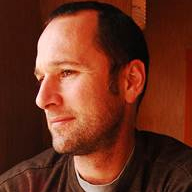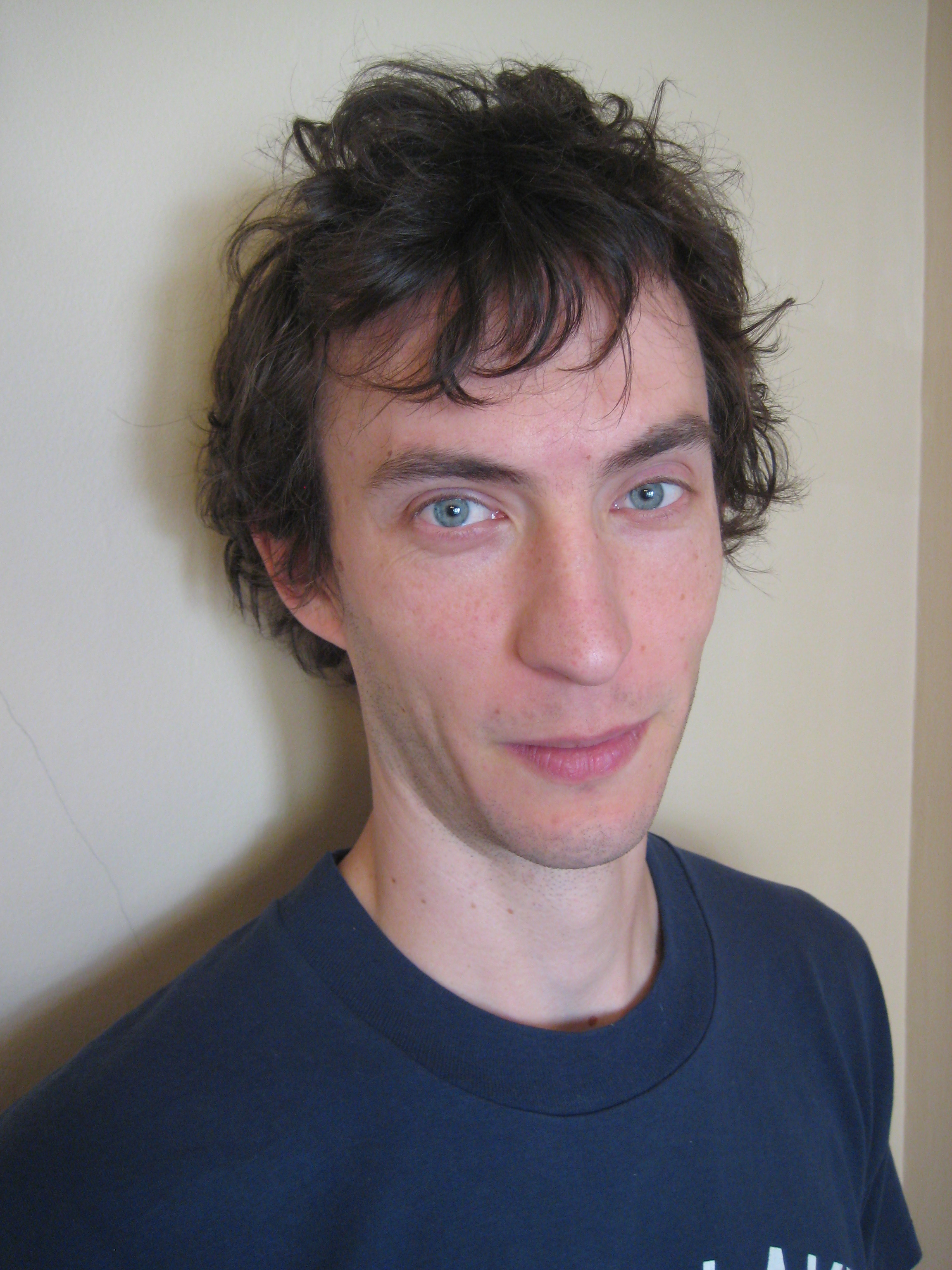War Poetry Contest 2011
Congratulations to the winners of our 2011 poetry contest on the theme of war!
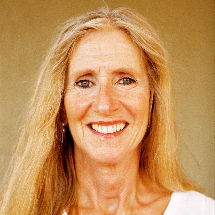
First Prize $2,000
Pamela Uschuk, Horoscope, White Phosphorus After Hanukkah, The Taliban Takes Pakistan
Honorable Mention $100
- Laurie Lee Didesch, Holocaust Documentary or Never Again
- Bill Duvall, Dispatchers, Jock Strapped, Encomium
- Reuven Goldfarb, Champions: Hebrews 1, Philistines 0
- Marilyn Krysl, Mullaitivu, Sri Lanka 2009: The Road
- Bruce Lack, No Applicable Regulations
- Robert Hill Long, Coals and Smoke, Titanium and Clay, Boomers
- Lynn McGee, The U.S. Invades Iraq, on American TV
- Nicole, Almost Never
- Eleanor Paynter, An Interrogation, San Miniato
- Nita Ritzke, Guy You Want
- Suzanne Roberts, The Casualties of War, A Soldier’s Making
- Eliot Khalil Wilson, Ash-Shahid, Blank Verse for Army Recruitment Officer: New Orleans, The Armless Child
Finalists
- Susan Brennan, The Revolution Is..., Lying on the Grass in Central Park with Mary Alice Under Military Planes Headed to Vietnam
- J. Scott Brownlee, Elegy for Soldier Who Returned Without A Voice From the War in Iraq
- Sasha Pimentel Chacon, Abacus, Panic, The Eyes Open to a Cry
- Danielle Jones-Pruett, Nostra Donna del Cielo
- Danielle Kessinger, Price
- Adrie Kusserow, The Country of Your Garden
- Hugh Martin, Firework Elegy, First Snow
- Frank Ortega, Thinking of Oz
- Robert Schultz, Necklace with Daguerrotype, Amulet, Duty
- Steven Sparks, The Voyeur Explodes
- Les Wicks, A Police Action in Vietnam
Thanks to all the entrants to our tenth annual War Poetry Contest. Sending poems out into the world is always an act of courage, and we honor each and every participant for taking the emotional risk of exploring the topic of war and then taking a second risk by sending the poems out for judging. We received 575 entries of 1-3 poems each. Once again, our talented writers turned their attention to the young men and women returning from our ongoing wars in Iraq and Afghanistan with indelible mental and physical scars. Many of these soldiers were still schoolchildren when the pivotal events of September 11, 2001 occurred. The winning poems remind us that no matter when the war is declared "over", war's aftershocks last a lifetime. Strong entries on such popular themes as Vietnam, World War II, and Israel-Palestine rounded out this year's list.
The Judging
Winning Writers Editor Jendi Reiter narrowed down the entries to a shortlist of about 65, which she shared with Assistant Judge Ellen LaFleche. After coming quickly to agreement on the top picks, we each made the case for our favorite runners-up. Factors that mattered most at this stage were sound, depth, and originality. Reading the contenders aloud clarified which poems had a smoother flow of language and ideas. We favored poems that were about more than their literal subject matter. A good story is interesting, but a good story with wider significance is a winner. More than once, Ellen said, "I want to learn something."
What do we mean by this? While we do appreciate new historical facts, we especially appreciate learning something new emotionally, psychologically, or intellectually.
Ellen observes, "Reuven Goldfarb's 'Champions: Hebrews 1, Philistines 0' not only gave me a fresh perspective on war, mythology, and baseball, but it made me laugh. In three years of judging, this is the first time I laughed out loud while reading a war poem. That was a new emotional experience for me as assistant judge of a war poetry contest, and it raised many interesting questions. How did it feel to laugh about war? Is war ever funny? Why or why not? Can war humor be healing? Should comedians joke about 9-11? Why or why not? Those questions are an example of what I mean by learning something new from a poem."
One pitch-perfect line or distinctive image can make your poem memorable to weary judges who have read hundreds of poems on similar topics. We were both charmed by the deadpan humor of the last line in Goldfarb's poem. The line breaks created the ideal pause to lead up to the punchline. The utterly changed resonance of the "plastic bags" at the beginning and end of Pamela Uschuk's "The Taliban Takes Pakistan" impressed Jendi with the author's skill and emotional power. For Ellen, the metaphor of the scorpions in Bruce Lack's "No Applicable Regulations" never lost its impact after multiple readings. She notes, "This poem also provided me with new information: I had never considered the somewhat obvious fact that soldiers who fight in the desert may have to guard against the sting of scorpions. That new fact was layered with many levels of symbolic meaning, with the scorpions resonating as an evocative metaphor for war."
Disjointed language can effectively convey the dissociative nature of wartime trauma, as well as the anxiety-producing blackout of information on the homefront. Eleanor Paynter used this technique to good effect in "An Interrogation". However, an unclear storyline sometimes worked against other poems. Be careful of throwing too many things onto your collage. Ask yourself, is there a logical reason why these allusions from different contexts belong together? If you use a variety of voices and formatting styles in the same poem, are the shifts dictated by the content, or will it seem like a random bag of tricks?
The Winners
Pamela Uschuk took first prize with a suite of poems that vividly depict the fallout of war in diverse settings. "Horoscope" is a wide-ranging tour of the ravages of "the bird of fear", from African child soldiers, to martyred Burmese monks, to her own brother's cancer caused by Agent Orange in Vietnam. As is often the case in Pam's poetry, the richness and peace of nature provide a fragile space of relief. In the searing "White Phosphorus After Hanukkah", a woman relives the tortuous death of her daughter and grandchild, Palestinian civilians killed by an Israeli bomb. The terrible facts make polemic unnecessary, the irony all too clear: one people's festival of liberation is another's anniversary of oppression. "The Taliban Takes Pakistan" opens provocatively with an unsympathetic main character, a young suicide bomber in training, and makes us see the grief and desperation that drive him.
David Cooke's second-prize poem "Meat Puppet" is both grotesque and poignant in its depiction of a young veteran with an amputated hand. Like a phantom limb, the little boy in him is tangible yet no longer real, his potential for innocent flourishing stunted by war. Arm, vambrace, stump—the words for his wound proliferate yet fail to explain how we allow such maiming to happen.
Michael Estes' concise, elegant third-prize poem "bin laden" is composed entirely of anagrams of the late Al Qaeda leader's name. At first it seems like an enigma with no rhyme or reason, rather the same way Osama was portrayed in Western media. But on careful rereading, it artfully tells the story of Bin Laden's life and death through the many-faceted symbolism that concealed his human vulnerability.
We have decided to retire the War Poetry Contest this year, feeling that both the entrants and the judges would benefit from fresh topics to explore. Our first-ever Sports Poetry & Prose Contest is now open for entries through May 31. We are incredibly grateful to everyone who participated over the past decade. May your reflections on war continue to bring healing and insight to a world in need of peaceful solutions.
Click here for more advice for poets writing on war.
Contest Judges
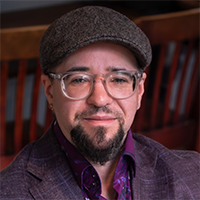
Jendi Reiter
Jendi Reiter is vice president of Winning Writers, editor of The Best Free Literary Contests, and oversees the Winning Writers literary contests. Jendi is the author of the novel Origin Story (Saddle Road Press, 2024), the short story collection An Incomplete List of My Wishes (Sunshot Press, 2018), the novel Two Natures (Saddle Road Press, 2016), the poetry collections Made Man (Little Red Tree Publishing, 2022), Bullies in Love (Little Red Tree Publishing, 2015), and A Talent for Sadness (Turning Point Books, 2003), and the award-winning poetry chapbooks Swallow (Amsterdam Press, 2009) and Barbie at 50 (Cervena Barva Press, 2010). Awards include a Massachusetts Cultural Council Artists' Grant for Poetry, the 2016 New Letters Prize for Fiction, the 2016 Rainbow Award for Best Gay Contemporary Fiction, the 2015 Wag's Revue Poetry Prize, the 2013 Little Red Tree International Poetry Prize, the 2012 Betsy Colquitt Award for Poetry from Descant magazine, the 2011 James Knudsen Editor's Prize in Fiction from Bayou Magazine, the 2011 OSA Enizagam Award for Fiction, the 2010 Anderbo Poetry Prize, and second prize in the 2010 Iowa Review Awards for Fiction. Jendi's work has appeared in Poetry, The New Criterion, Mudfish, Passages North, Cutthroat, Best American Poetry 1990, and many other publications. See their interviews in RoundPier and Lammergeier.
Photo by Ezra Autumn Wilde
Contest Judges
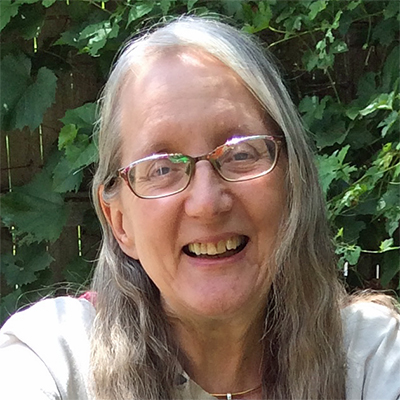
Ellen LaFleche
Ellen LaFleche is a past judge of our North Street Book Prize. She has worked as a journalist and women's health educator in Western Massachusetts. Her manuscript, Workers' Rites, won the Philbrick Poetry Award from the Providence Athenaeum and was published as a chapbook in 2011. Another chapbook, Ovarian, was published in 2011 by the Dallas Poets Community Press, and a third chapbook, Beatrice, about a semi-cloistered nun, was published in 2012 by Tiger's Eye Press. Her poems have been published in Spoon River Poetry Review, Hunger Mountain, New Millennium Writings, The Ledge, Alligator Juniper, Many Mountains Moving, Harpur Palate, Southeast Review, and Naugatuck River Review, among many others. Prose credits include her 2014 Daily Hampshire Gazette article "Taken too soon, at 65: My husband John Clobridge's final days with ALS". She also reviews books for Wordgathering, the online journal of disability poetics. She has won the Ruth Stone Poetry Prize, the New Millennium Poetry Prize (shared with Jim Glenn Thatcher), the DASH Poetry Journal Prize, the Poets on Parnassus Prize for poetry about the medical experience, second prize in The Ledge Poetry Awards, and the Editor's Choice Award for Poetry from Writecorner Press.







